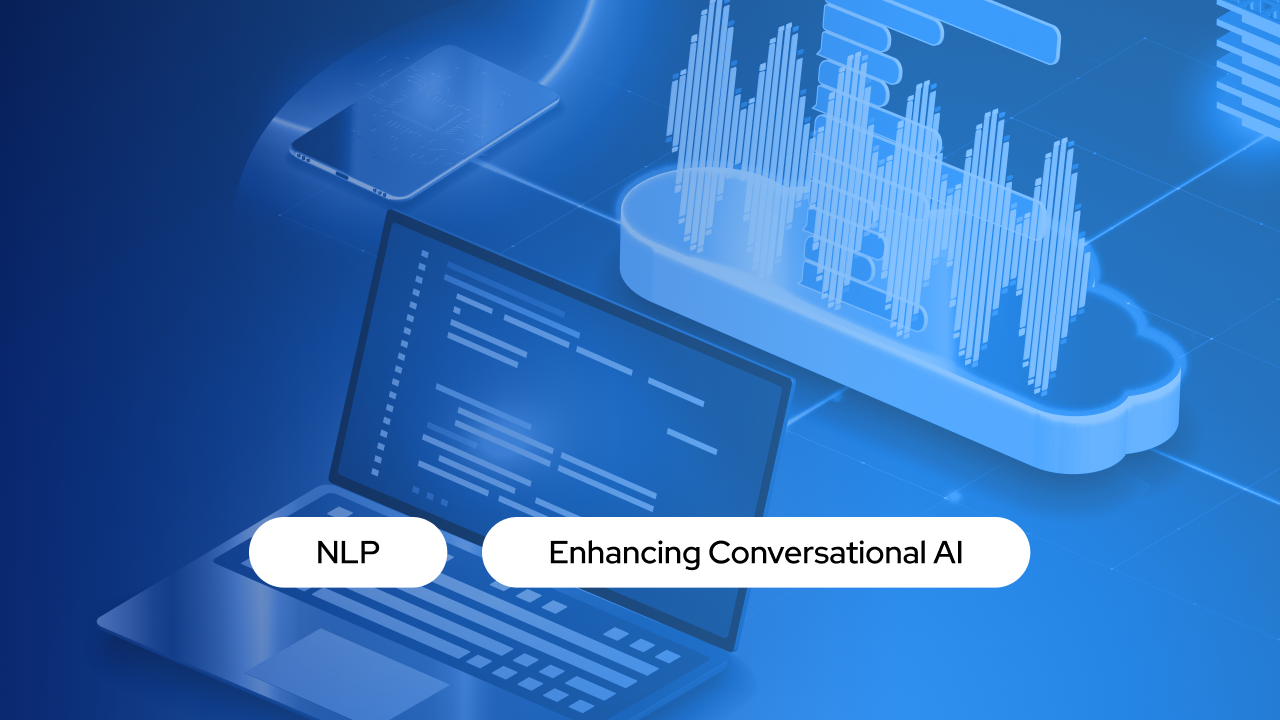Image And Video Annotation for UAVs

The rapid integration of drones into our daily lives, ranging from film production to recreational use, has been remarkable. These unmanned aerial vehicles (UAVs) are now evolving beyond their initial applications, thanks to advancements in artificial intelligence (AI). The fusion of drones with AI, particularly in computer vision, is unlocking a myriad of innovative applications across various sectors, allowing for autonomous flight and intelligent environmental analysis.
Despite the promising advancements, the journey to fully optimized AI drone technology faces significant challenges. Key among these is the need for high-quality image and video data to train machine learning models. As the industry grapples with these obstacles, specialized annotation services play a crucial role in providing accurately labeled data, essential for the 'training' of AI algorithms. This article explores the various pain points in AI drone development and illustrates how outsourcing annotation services can streamline this process.
AI-Driven Drones: Catalyzing Industry Transformation
AI-enabled drones are not just a technological marvel; they are catalysts for innovation across multiple industries. The integration of AI in drones has led to an array of new opportunities, facilitating efficient and adaptable operations. As access to high-quality data expands, numerous sectors are increasingly relying on AI-powered drones to enhance productivity and efficiency. Some of the key industries embracing this technology include:
- Construction
- Energy, specifically in power line monitoring
- Agriculture
- Military and defense applications
- Industrial and manufacturing processes
- Development of smart city infrastructure
- Security and surveillance systems
Key Applications of AI-Powered Drones
Vehicle Identification and Tracking
Equipped with AI-driven monitoring cameras, drones can effectively identify and analyze vehicles and pedestrians. Leveraging their high-speed capabilities and unrestricted mobility in 3D space, drones can perform real-time identification, monitoring, and tracking of both individuals and vehicles.
Ground and Airborne Detection
Through a combination of high-speed cameras and radar technology, drones excel in creating detailed 3D maps and 2D layouts. Serving as an aerial platform, UAVs can execute a variety of tasks, with AI enhancing their potential and adaptability.
Replacing Hazardous High-Altitude Work
High-altitude inspections, traditionally conducted by human workers, are not only time-consuming but also perilous. Drones, equipped with advanced cameras, can photograph and analyze surfaces, identifying potential risks such as cracks or structural weaknesses, thereby enhancing safety.
Advancements in Smart Agriculture and Forestry
In the domains of agriculture and forestry, drones are revolutionizing practices. From optimizing pesticide application to monitoring crop health and aiding in comprehensive plant pollination, drones backed by scalable data are key to achieving superior agricultural produce and healthier forests.
Understanding UAVs: Key Role of Data Annotation and Labeling
In artificial intelligence, particularly in machine learning and deep learning, training with labeled data is a mainstay. Deep learning especially needs lots of labeled data to make models work better.
Data is crucial in AI systems. That's why big companies like Google and Microsoft, as well as individual developers, focus a lot on high-quality labeled data. In AI applications, the quality of data really shows in the effectiveness of AI solutions. Good quality data helps AI work better, while poor quality data can slow down or even hold back AI progress.

Boosting AI in Drones with Professional Data Labeling
Perfecting AI for drones involves a complex task: data labeling, which can be challenging for many companies. Here's a simplified look at how expert services are addressing this:
Making Drone Video Annotation Easier
Drones use a lot of video data to train their AI, which means going through many video frames for labeling. Services like Keymakr make this easier by handling the large-scale video labeling, freeing up developers to focus on creating and improving drone technology.
Enhancing How Drones Recognize Objects
For drone AI, especially in uses like watching traffic, it's important to correctly identify objects. Annotation teams use simple yet effective techniques like bounding boxes to accurately tag objects in training images, which is essential for analyzing complex drone videos.
Detailing Shapes for Better Landscape Understanding
Drones need to identify unique features in landscapes, requiring precise shape outlines in training images. Using polygon annotation, experts can map out complex shapes accurately, helping drones better understand and interact with their environment.
Helping Monitor Construction Projects with AI
AI drones are changing the game in monitoring construction progress by comparing different images over time. Here, annotation services are key, creating detailed image sets that clearly show changes, making it easier to manage and track construction projects.
Training Drones for Different Weather and Light Conditions
Drones work in all kinds of weather and lighting, and their training data should cover these conditions. Annotation services adjust their methods to ensure drones are well-prepared for various environments, increasing their effectiveness and dependability.
To sum up, the growth of AI in drones heavily relies on the skills of data labeling services. These services not only make AI models more accurate but also push forward the development and use of drone technology in various fields.
Final Thoughts
AI-powered drones have become a regular part of our lives, performing tasks such as delivering packages, surveying forests for fires, and monitoring traffic. With the right data and algorithms, the drones' usefulness is likely to increase even further in the future.
The combination of AI and drones is driving innovative advancements across diverse industries. However, the technology's full potential relies on the availability of accurately annotated data, emphasizing the importance of professional annotation services in advancing the future of AI-powered UAVs.
Partner with AI LABS for your data labeling needs to get quality machine learning training datasets more affordably and swiftly!




